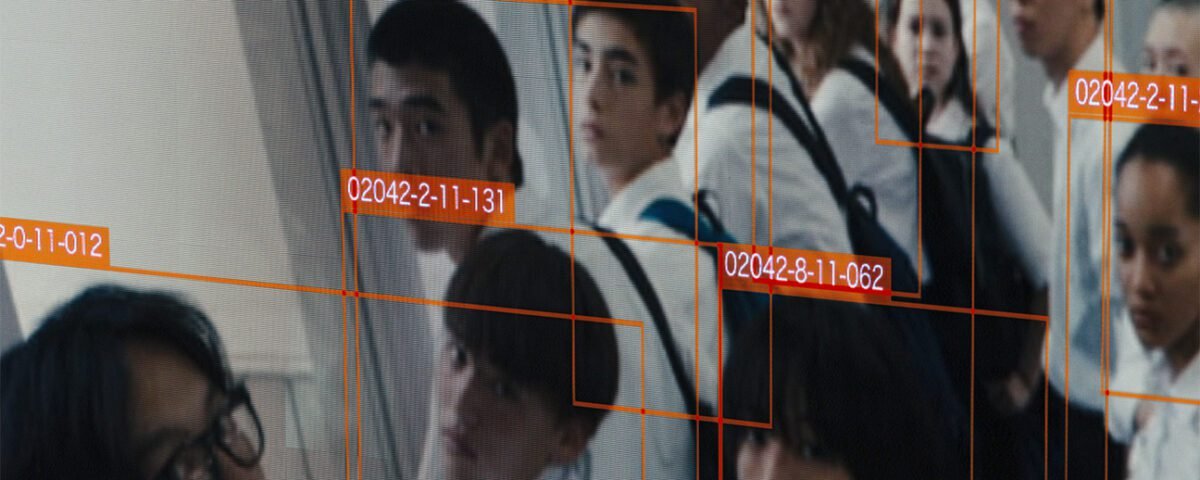


‘Vermiglio’ Review: Sprawling Italian World War II Drama Engages and Impresses, but Never Rivets
September 8, 2024


‘Nobu’ Review: A Glowing and Straightforward Portrait of the Japanese Chef and His Empire
September 9, 2024In Neo Sora’s narrative feature debut, the threat of natural disaster and citizen unrest provides justification for incursions into personal freedoms by the Japanese government and education authorities.
Happyend
Creeps up on you.
Speculative fiction as cautionary sociopolitical commentary, Happyend marks a confident first step into narrative features for Neo Sora, who made last year’s stirring documentary tribute to his late father, Ryuichi Sakamoto: Opus. The Japanese writer-director offsets the film’s depth of feeling with understatement and gentle humor, working with an appealing young cast as graduation-year high school classmates facing — or refusing to face — a bleak outlook for their future. Capturing that transitional moment when seemingly permanent adolescent ties suddenly appear uncertain, this is a melancholy drama laced with notes of anger and disquiet, but also resilience.
Keeping his focus tight on five inseparable friends plus one influential outsider to the group, the filmmaker effectively views their acts of individual and collective resistance, in the shadow of a government leaning toward totalitarianism and a climate in which the threat of natural disaster is constant.
All this is background canvas, however, for a delicate portrait of late adolescence, suspended between pleasurable distractions and creeping anxieties about what comes next. At the center are two lifelong friends whose contrasting responses to the darkening mood around them, both at school and in the national political arena, expose differences of which neither had previously been aware.
Close since childhood, Yuta (Hayao Kurihara) and Kou (Yukito Hidaki) are talented amateur DJs, aspiring to careers at the mixing deck. Their easy, uncomplicated bond extends to a posse that also includes Tomu (Arazi), Ming (Shina Peng) and Ata-chan (Yuta Hayashi), whose renegade sense of style can be gleaned from the billowing skirt he pairs with his uniform of a white shirt and a black blazer.
When cops shut down an unlicensed techno party, the group heads back to school after hours, cleverly distracting security with a meowing phone app and heading upstairs to the “Music Research Club” to pump out some beats and dance. Later, while Yuta and Kou are on the roof smoking a cigarette, the sight of the gleaming new yellow sports car belonging to their rigid principal (Shiro Sano) proves too much for them to resist. Their prank gives the entire school a laugh the next morning but has repercussions.
The principal has an elaborate new security system installed with facial-recognition technology cameras positioned throughout the school, allowing for miscreant students to be identified and slapped with demerit points. At first, it’s treated like a joke, with Ata-chan getting a round of applause when he swiftly racks up ten points for making obscene gestures at a camera.
The graduating class finds their simpatico homeroom teacher replaced by a humorless, by-the-book type, and the Music Research Club is deemed a fire hazard and shut down, the electronic equipment locked away in a storeroom.
A substantial earthquake, which further damages the car, prompts the prime minister to put an emergency decree into effect, claiming that natural disasters increase crime rates. Fumi encourages Kou to join her at the resulting street protests. The ripple effect of alarm and paranoia brings out neighborhood watch groups to patrol the streets at night.





